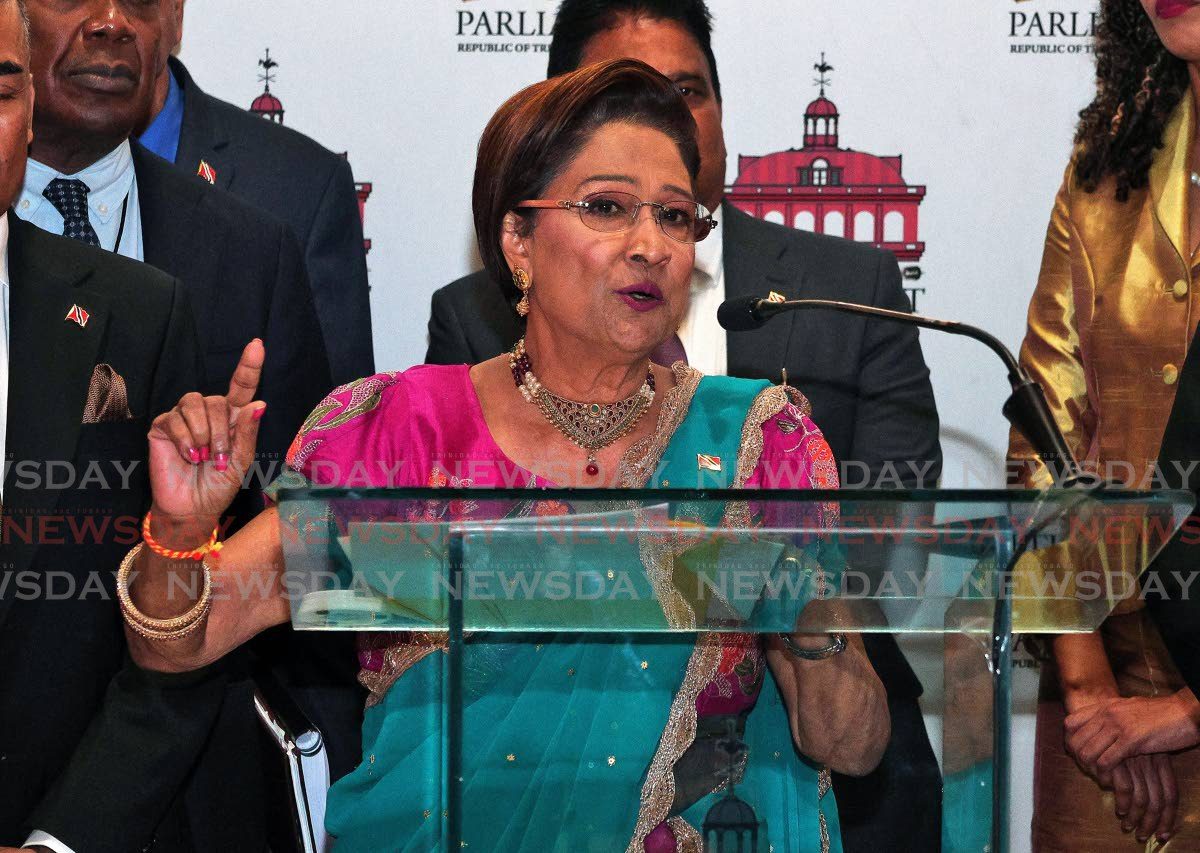The recently unveiled budget by the Kamla Persad-Bissessar administration has been hailed as a deeply political maneuver, strategically timed months after the April 28 general election. Presented by Finance Minister Davendranath Tancoo on October 13, the budget was more than an economic roadmap; it was a victory lap for the United National Congress (UNC) and a testament to Prime Minister Persad-Bissessar’s enduring influence. Tancoo’s repeated acknowledgment of her as the driving force behind the budget underscored her centrality in shaping its measures, which aim to fulfill campaign promises and strengthen the social contract with citizens. Key initiatives, such as the public servant pay increase, not only fulfill pledges but also strategically weaken the opposition People’s National Movement (PNM) by placing them on the defensive. The budget also highlights a shift in governance style, with Persad-Bissessar taking a more hands-on approach compared to her first term, where figures like Winston Dookeran and Larry Howai were more prominent. A notable feature is the establishment of a financial oversight committee chaired by the Prime Minister, signaling her heightened control over fiscal matters. Beyond domestic concerns, the budget carries geopolitical undertones, with references to global leaders like Donald Trump and Narendra Modi, reflecting Persad-Bissessar’s broader vision for Trinidad and Tobago’s place on the world stage. Her recent speech at the Siparia Divali celebrations, where she vowed to ‘go to war’ for citizens, further emphasized the interconnectedness of fiscal policy and international relations. This budget is not just about economic management; it is a calculated move to cement Persad-Bissessar’s legacy and position the country for a future shaped by both domestic and global priorities.
